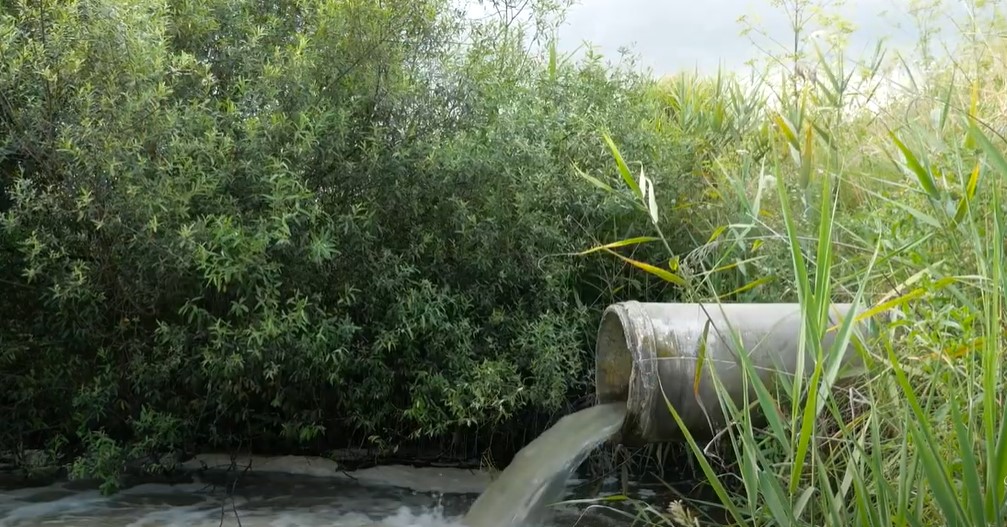Seven countries stand out for having over 90% of their bathing waters rated as excellent, and all of them operate water services that are more than 90% publicly owned.
Britain’s troubled water industry has dominated headlines recently, following a landmark review described as the most significant since the sector was privatised in the 1980s. The wide-ranging report was led by Sir Jon Cunliffe, a veteran civil servant and former deputy governor of the Bank of England. It lays out 88 recommendations aimed at reshaping the way water is managed across the UK.
Key proposals include the establishment of a single integrated regulator to replace current fragmented watchdogs, the introduction of mandatory water metering, and the creation of a social tariff to support vulnerable customers. The review also recommends giving authorities the power to block takeovers of water companies and calls for the formation of eight new regional water authorities in England, alongside one for all of Wales, to better address local priorities.
As part of the overhaul, the government confirmed that Ofwat, the industry’s chief regulator, will be abolished, a move described as necessary to reform what ministers have labelled a “broken” system.
Public reaction has been heated. Speaking on Good Morning Britain on July 21, clean water campaigner and former Undertones frontman Feargal Sharkey criticised the report for not going far enough. In a heated exchange with presenter Ed Balls, Sharkey called on environment secretary Steve Reed to resign, accusing him of failing to address what he described as ongoing “corporate greed” and the “exploitation and abuse of consumers, bill payers and the environment.”
Citing a 65% increase in serious pollution incidents over the past year, Sharkey described the state of water regulation in the UK an “utter shambles” and urged Reed to “reflect very carefully on the role he’s played in the last 12 months.”
The crisis has reignited debate around water ownership, with many questioning whether the UK’s privatised model is sustainable or effective.
Campaigners from the public ownership group WeOwnIt have long argued that water services fare far better under nationalised systems, pointing to data from the European Environment Agency.
Each year, the agency assesses the quality of bathing waters across Europe, awarding ‘excellent’ ratings to the cleanest sites. Between 2018 and 2023, the countries with the highest percentages of excellent-quality bathing sites consistently had publicly owned water services.
Seven countries stand out for having over 90% of their bathing waters rated as excellent, and all of them operate water services that are more than 90% publicly owned.
Cyprus led with 97.7% excellent water quality and 100% public ownership, with services managed by regional Water and Sewage Boards or local councils.
Austria followed at 97.5%, also fully publicly owned, with water privatisation explicitly banned by its constitution.
In the same period, Greece, despite some historical challenges in sewage management, boasted 96.2% excellent bathing water and a system 99% publicly owned, with court rulings having halted further privatisation.
Malta’s water services, entirely managed by its national utility, produced 95.9% excellent ratings. Croatia (95.6% excellent, 95% publicly owned), Germany (91.2% excellent, 92% publicly owned), and Denmark (91.2% excellent, 100% publicly owned) showed the same pattern – excellent water services while fully or nearly fully nationalised. Notably, countries like Germany have seen a reversal of past privatisation efforts, with municipalities reclaiming control over water services.
By contrast, the UK lagged behind with an average of just 66.3% of its bathing waters rated excellent in the six years to 2023, placing it near the bottom of the European rankings, ahead of only Hungary, Estonia, Slovakia, Poland, and Albania.
Left Foot Forward doesn’t have the backing of big business or billionaires. We rely on the kind and generous support of ordinary people like you.
You can support hard-hitting journalism that holds the right to account, provides a forum for debate among progressives, and covers the stories the rest of the media ignore. Donate today.




